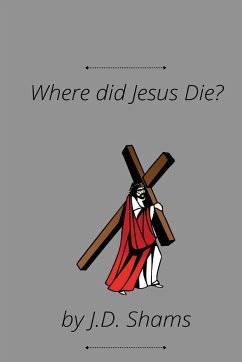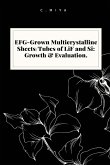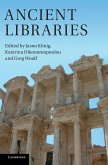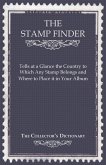God's Word revealed to the Holy Prophet Muhammad(sa)-the Holy Quran-proclaims that Jesus as did not die on the cross. In corroboration of this Quranic revelation, the Promised Messiah(as), Hazrat [His Holiness] Mirza Ghulam Ahmad, proposed the revolutionary theory that Jesus(as) died in India. This theory challenges the very foundation of Judeo-Christian views surrounding the advent of the Messiah. Simply put, if Jesus(as) did not die on the cross, he could not be the false prophet that Jews allege him to be citing the criteria in Deuteronomy 18:20 and 21:22-23, nor could he be carrying the curse of all mankind's sins as alluded to in Paul's Epistle to the Galatians 3:13. This forces Judaism to reconsider him as the fulfilment of their anticipated Messiah, and questions the Christian concept of salvation. In Where did Jesus Die?, Maulana Jalal-ud-Din Shams(ra) illustrates that the most rational and credible explanation of Jesus' crucifixion and post-crucifixion events is the one provided by the Holy Prophet(sa) and the Promised Messiah(as). Their account requires neither fabricated miracle nor myth. It just so happens that this is the only account that glorifies Jesus Christ(as) by exonerating him from the accursed death on the cross and restoring him the honour of a truthful prophet when judged against the criteria in the Old Testament.
Bitte wählen Sie Ihr Anliegen aus.
Rechnungen
Retourenschein anfordern
Bestellstatus
Storno









